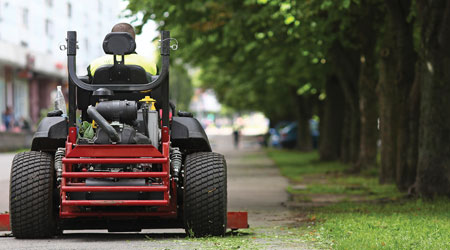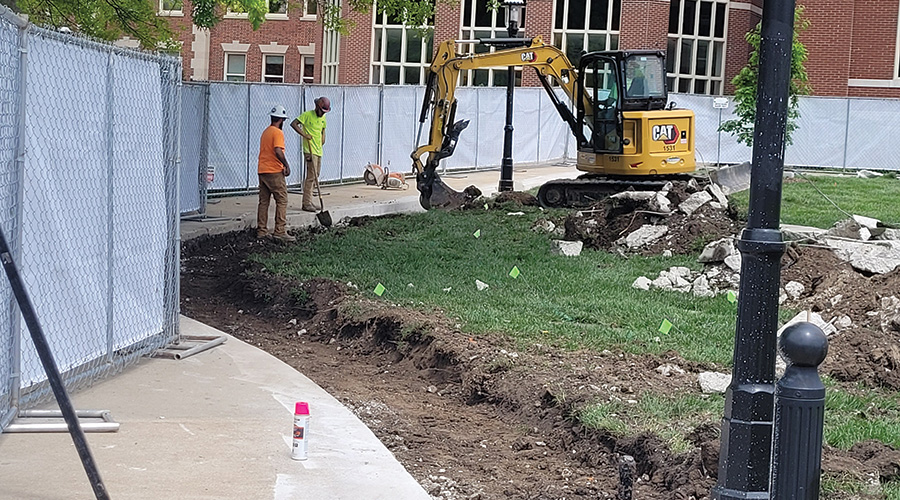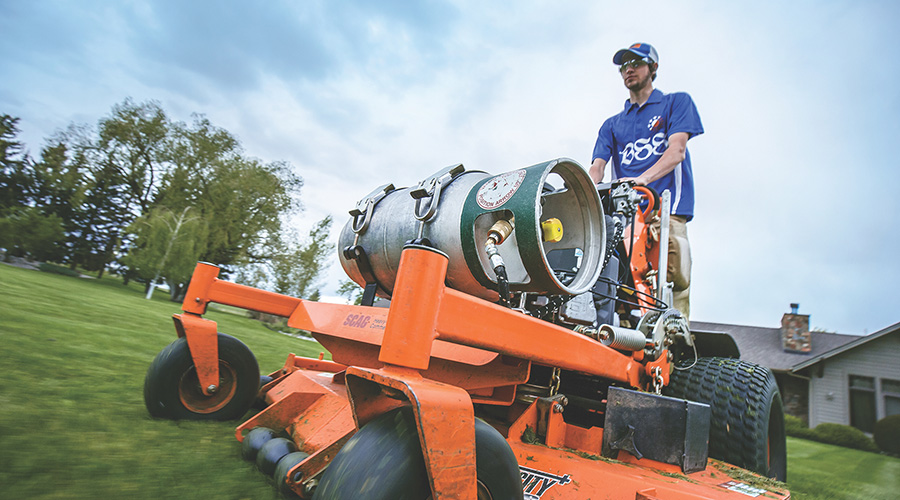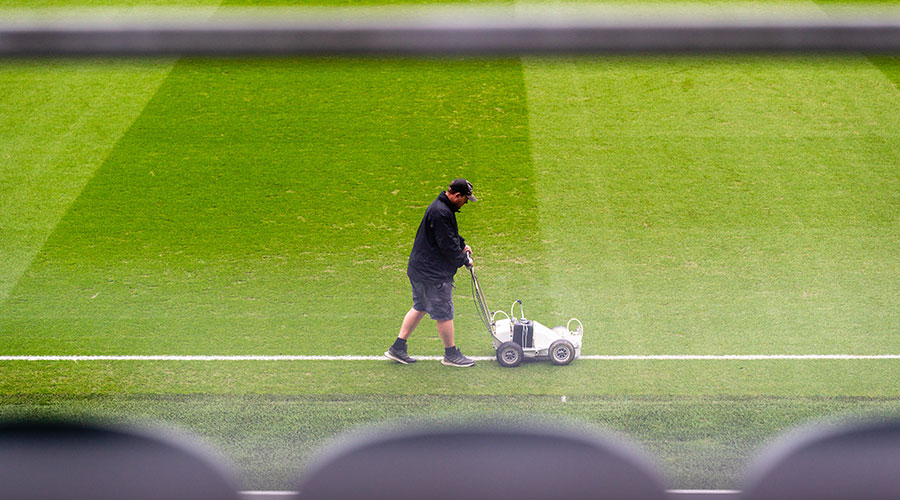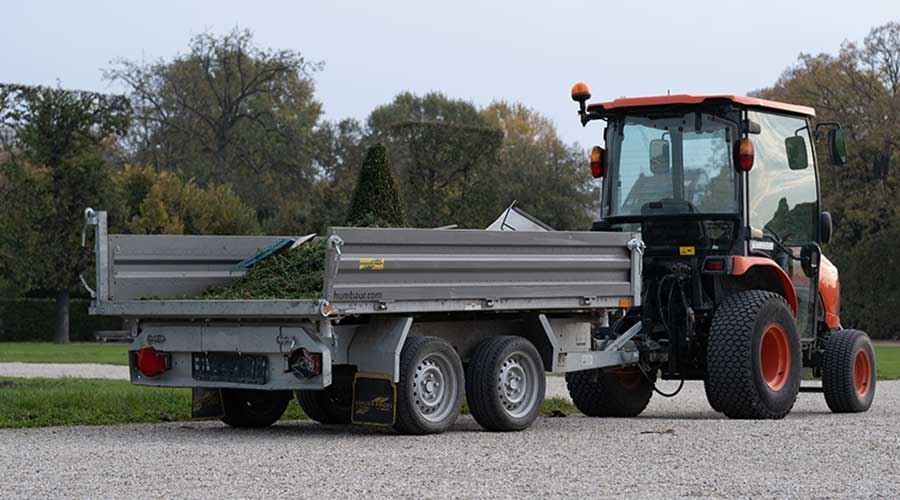Partnering with a Dealer Can Help Ensure Mower Selection Success
If you're consider replacing your mowers, be sure to prepare questions for your dealer in advance. A good partnership with a dealer can ensure you get the right equipment for your situation.
If a manager is evaluating whether or not it’s time to invest in new equipment or continue to maintain existing machines, the best sounding board is their equipment dealer. Building a partnership with a dealer will tilt the scale towards operational and business success.
When considering new equipment, approach dealers with questions.
“Questions should revolve around parts and service because your mower will need maintenance and parts replaced along the way,” Griffith says. “Ask (your dealer) questions such as, ‘How is your parts inventory?’ and, ‘How do you work with your manufacturer for parts?’ You’ll need to ensure your dealer has parts readily available.”
Minas says managers need proactive dealers who will ask questions in return. Expect questions such as, “What types of properties do you mow? Are they primarily residential? Are they primarily commercial? Are they government contracts? Are they roadside? Are they cemeteries? Where do you mow? How big is your fleet? What type of crew do you have? How skilled is your crew? Are they comfortable operating a zero-turn (mowers), or are most of them better off with a walk-behind (mowers)?”
It’s also important to ask how a dealer will provide support after the sale.
“Consider questions such as, ‘How many qualified technicians can look at the equipment?’ ‘Do you have a zero-downtime guarantee?’ and ‘Can you offer loaner units or support if my machine goes down?’ ” Griffith says.
Dealers should routinely provide operational, safety, and maintenance training on new equipment, from a review of the operator’s manual to a training class for operators at the customer’s facility. Also, take time to review and understand the warranty offered with new equipment. Some might be fixed at two or three years with unlimited hours. Some might warranty all parts on the machine no matter the manufacturer, while others might offer separate warranties, such as on the engine or transmission, through the manufacturer of those parts.
Managers need to ask questions and make sure the dealer asks questions about mowing operations. Managers also need to confirm that training and ongoing support are offered and that they are comfortable with the terms of the warranty.
“Developing a good relationship with your dealer is critical,” Vachal says. “They are in business to help you make money. Build that relationship and it will help you in the long run.”
Shannon O’Connor is a freelance writer based in Mason, Ohio.
Related Topics:








